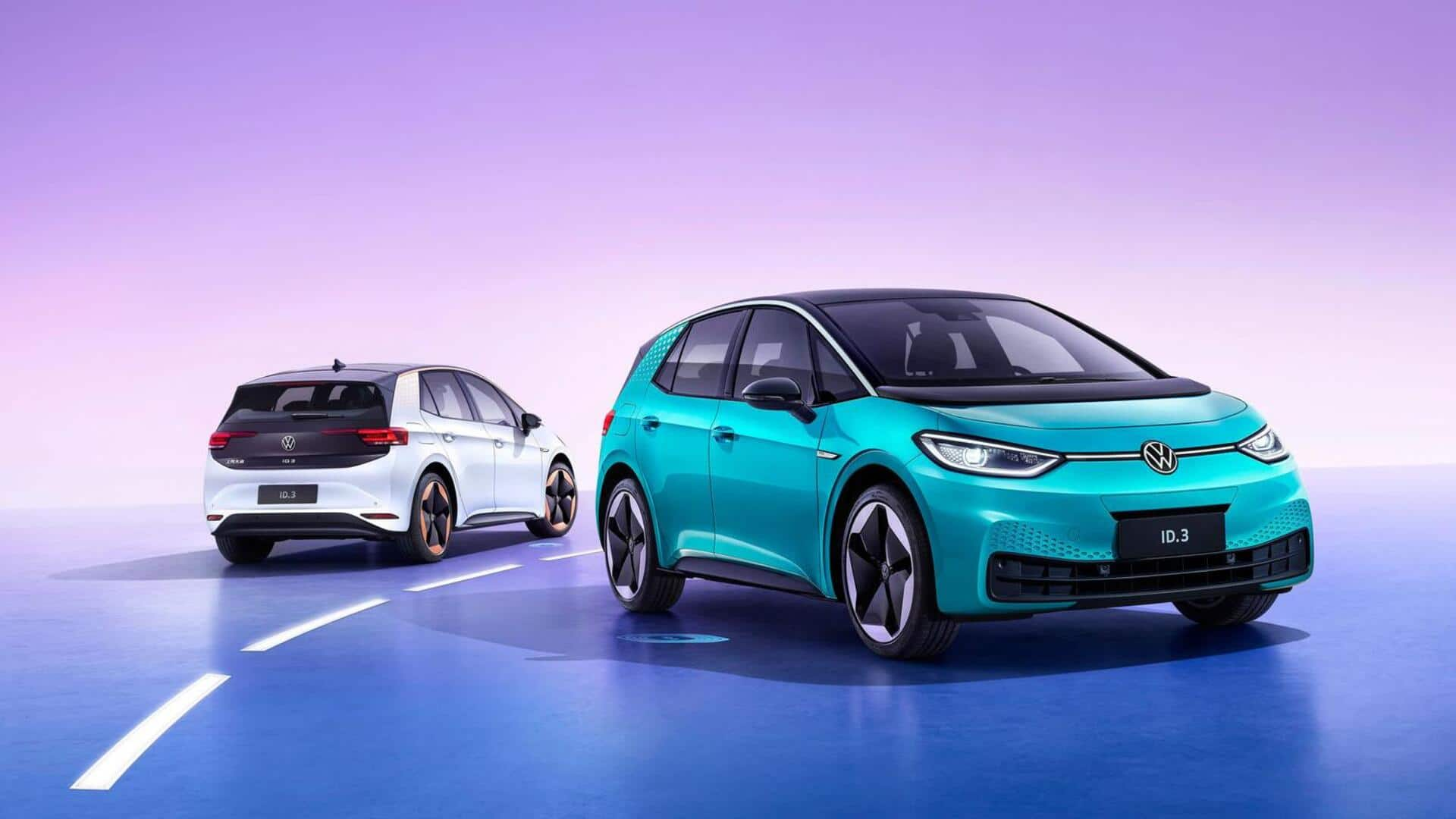
Volkswagen to develop China-specific EV platform: Know what it'll offer
What's the story
German automotive giant Volkswagen is gearing up to create a new platform, the "A Main Platform," specifically designed for entry-level electric vehicles (EVs) in China. The automaker's goal is to use more local components to cut costs and reclaim the top spot in the world's largest auto market. According to Ralf Brandstaetter, CEO of Volkswagen China, the new platform will cater to its customer's preferences regarding battery, drive experience, and electric motor.
Details
It will be derived from the popular MEB platform
The A Main Platform will be based on Volkswagen's modular electric drive matrix (MEB), an electric-only architecture. The platform will primarily use Chinese suppliers and is expected to be ready for market by 2026, faster than previous platform development times. Volkswagen plans to introduce 10 more EVs globally by 2026 and reduce its time to market for new models from four years to around 2.5 years. This move will close the gap against its Chinese rivals.
Cost-effectiveness
Lowering costs is essential for a price-sensitive market
Brandstaetter highlighted that China is a "price-sensitive" market and Volkswagen needs to optimize costs. He said, "When (EV) volume goes up, it's important that we are profitable to be sustainable. Therefore we drive the technologies, the speed, and cost efficiency." Ludger Luehrmann, CTO of the recently-founded Volkswagen Group China Technology Company (VCTC), mentioned that they were able to lower the price of dashboard displays by 37% after switching to a Chinese supplier from a global one.
Plans
Four affordable models are expected to arrive soon
Volkswagen plans to develop four models priced between CNY 140,000 (around Rs. 16 lakh) and CNY 170,000 (roughly Rs. 20 lakh) on the new platform. The cars will jointly be produced by Volkswagen, SAIC, and FAW. The former has invested around € 1 billion (approximately Rs. 9,094 crore) to build VCTC, which is crucial to its 'China for China strategy.' Its operations include coordinating procurement, involving suppliers early on, and linking up the development projects.